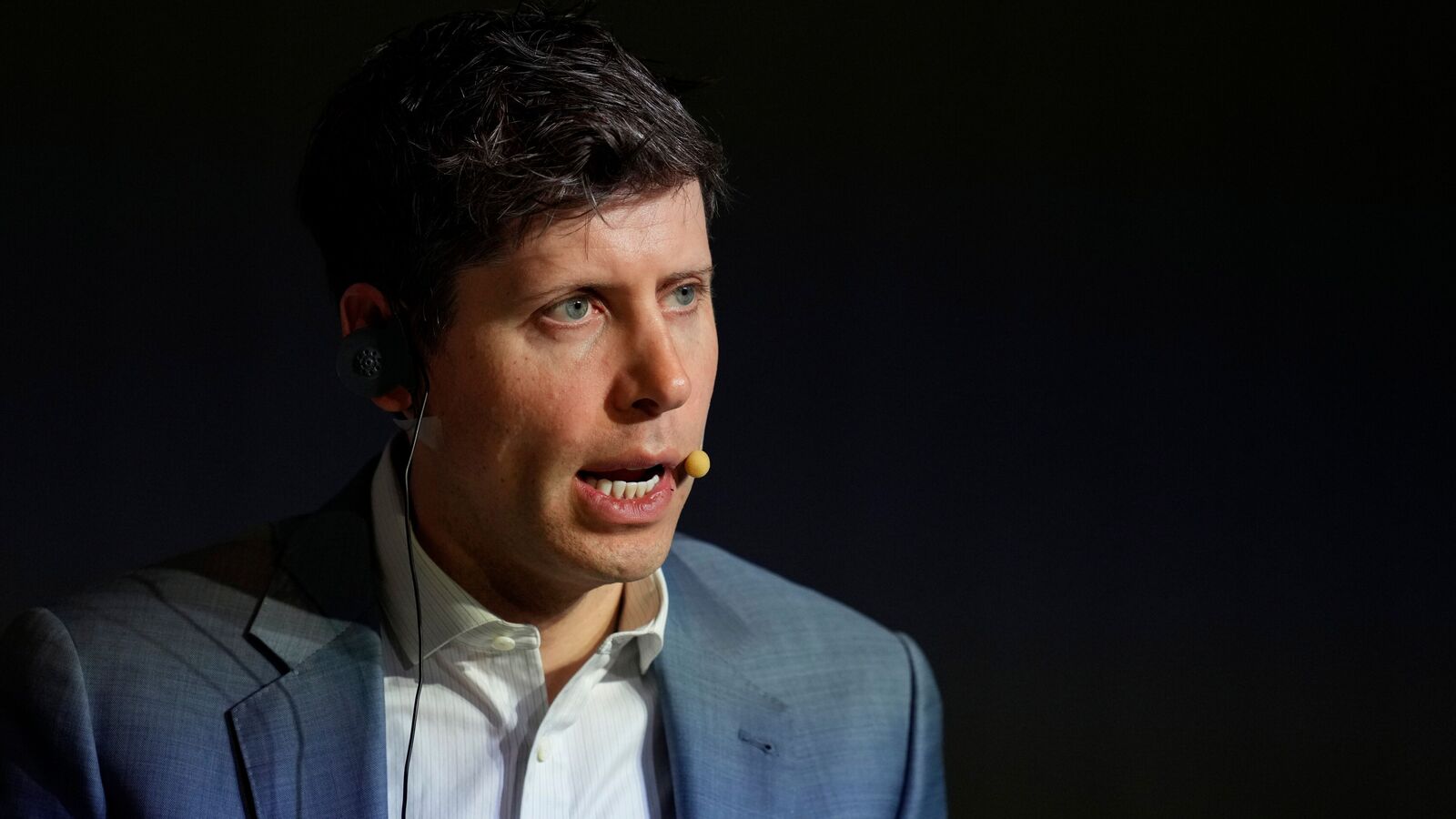“In reference to the comment I made in India a few years ago about the cost of building foundational AI models, it was taken out of context. That was a certain time of scaling AI, and I still think that pre-trained foundational AI models are expensive. But, one of the most exciting things that have happened in the industry is that there’s a lot that we’ve done now in distillation of AI models,” Altman said. “There’s a lot that we’ve done with small models, and reasoning models today are not cheap, but still doable. This can lead to an explosion of creativity, and India should be a leader there.”
At an interaction during his maiden visit to India in June 2023, Altman had said India “should not even try” to build foundational AI models. Since then, OpenAI has faced increasing competition from its fellow Big Tech firms such as Meta, which has open-sourced a part of its AI work with its Llama set of models, and Google with its Gemini models.
More recently, on 20 January, Chinese upstart DeepSeek claimed to have created its foundational AI model, R1, at a fraction of the cost that OpenAI has spent on research and development to date.
Also read | AI Mission should focus on core tech to avoid errors made in chips, smartphones
While not referencing DeepSeek directly, Altman said that the reduction in cost of AI is a natural way forward, and India’s work through developers and startups is a part of this evolution.
“There are two ways to look at the cost of models. To stay at the frontier, we believe that the costs of building and maintaining foundational models will continue to rise in an exponential curve, but the returns to increasing intelligence are exponential in terms of the economic and scientific value that is being created. Our Stargate Project will go accordingly,” he said.
“At the same time, the cost of a unit of intelligence will drop by 10x in one year. Moore’s Law changed the world with a 2x increase in performance. Now, what’s happening with AI is extraordinary. This doesn’t mean that the world will need less AI hardware, but that we can now do more things with the same amount of hardware, so the total amount of dollars invested will go up,” Altman added.
Also Read: Mint Primer | DeepSeek: A Chinese marvel or OpenAI copy?
Vaishnaw said the contours of the India AI Mission is designed around developing India’s own foundational AI model, and creating infrastructure to enable the development of a full-stack AI ecosystem—in line with Altman’s view of the market.
“India is an incredibly important market for AI in general. For OpenAI, it is our second biggest market, and we’ve tripled the number of users here over the past year. But mainly, seeing what people in India are building with AI at all levels of the stack—chips, models and applications, India should be doing everything, and should be one of the global leaders of the AI revolution,” Altman said.
Earlier today, Mint reported that the Centre is working on its own AI chip in partnership with the Centre for Development of Advanced Computing (C-Dac), which will also look to bring down the cost of AI computing and give India an indigenous processor to build and refine its future foundational AI models, in the long run.
Catch all the Technology News and Updates on Live Mint. Download The Mint News App to get Daily Market Updates & Live Business News.
MoreLess
Sam Altman's comment on India, OpenAI Sam Altman, foundational AI models, DeepSeek, Meta, Google, Ashwini Vaishnaw, Stargate project
#comment #India #context #Sam #Altman

